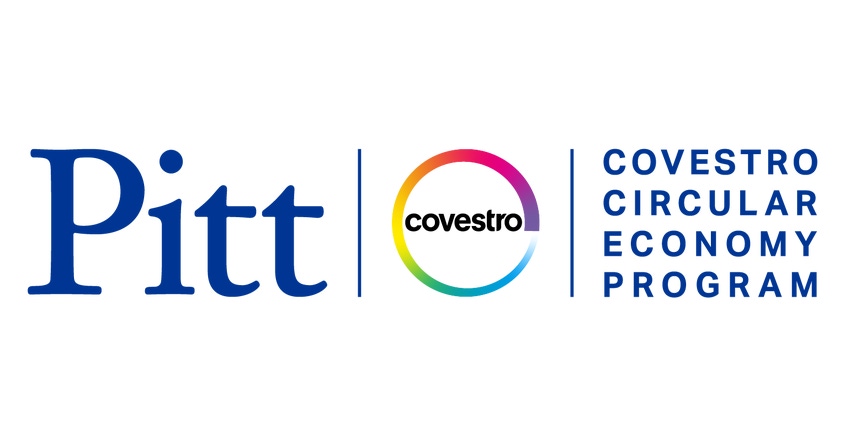The new Covestro Circular Economy Program aims to create a generation of professionals well-versed in circular-economy principles.
November 22, 2021

Covestro, a producer of high-performance polymers, is collaborating with the University of Pittsburgh (Pitt) on an innovative graduate-level academic program for the study of circular design and the circular economy.
Pitt’s Mascaro Center for Sustainable Innovation (MCSI) and Swanson School of Engineering will house the new Covestro Circular Economy Program at the University of Pittsburgh. According to Covestro and Pitt, the new program is the first circular-design graduate program in the United States to specifically address the challenge of global waste and material use.
The program will create opportunities for research, education, and the advancement of circular-economy principles with a goal of providing students with circular-economy training they can carry into industry, the government, and nongovernmental organizations (NGOs). The first cohort of graduate students for the program will be recruited for fall 2022.
“Circular design involves a paradigm shift in thinking for everyone, from individuals to corporations to societies,” said Richard Skorpenske, head of sustainability and public affairs at Covestro, in a prepared statement. “As a leader in driving toward a circular economy, we see the Covestro Circular Economy Program as an important multiplier to build a robust foundation of circularity-focused thinkers, and we are proud to launch it alongside Pitt as founding partner.”
The transdisciplinary program fills an educational gap, offering a dedicated academic setting for students, researchers, and professionals to create new approaches to materials, design, and planning. Significantly, it reaches beyond conventional studies in science, technology, engineering, and mathematics (STEM). Historically, scientific and professional training has not included holistic training in circular-economy and -design principles.
The “transdisciplinary nature of our program will be its most distinct attribute,” said Melissa Bilec, William Kepler Whiteford Professor and MCSI co-director. “As the benefits of the circular economy grow across the globe, the necessity for it to transcend traditional STEM fields will become apparent. This opens our program to anyone with a true passion for sustainability and global impact.”
You May Also Like


